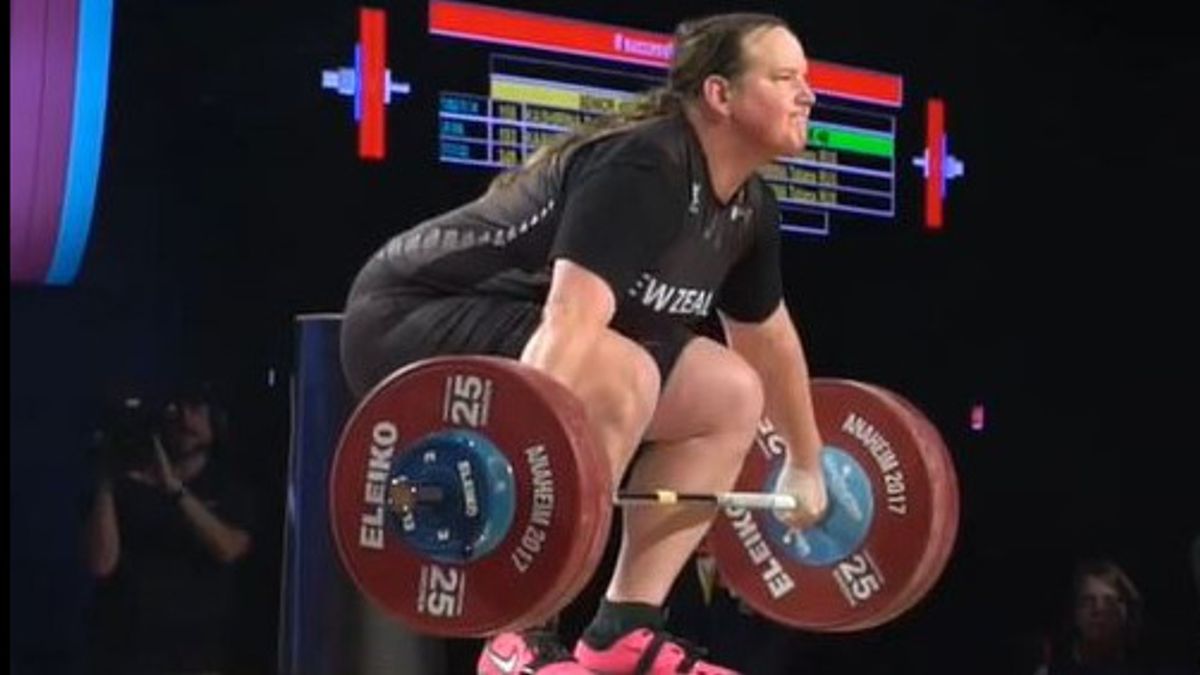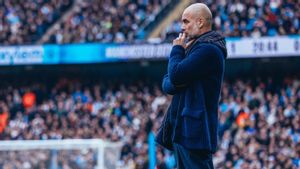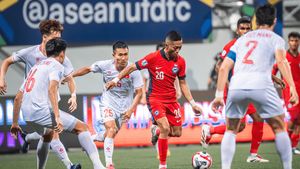JAKARTA - New Zealand weightlifter Laurel Hubbard is set to become the first transgender athlete to compete in the Olympics, a move that will reignite the debate about ethics in sports.
The 43-year-old athlete, who was born male but later transitioned to female in her 30s, has almost reached a new qualification standard for the Tokyo Olympics.
Hubbard, who has also competed as a male, met the requirements to compete in women's weightlifting after showing testosterone levels below the threshold set by the International Olympic Committee.
She has ambitions to enter the New Zealand contingent at the Tokyo Olympics and participate in the competition for the + 87kg women's category. At this number he is currently ranked 16th in the world.
Hubbard went down in history after becoming the first transgender athlete at the Commonwealth Games on the Gold Coast in 2018, when he had to retire with an elbow injury that nearly ended his career.
Meanwhile the New Zealand team has not yet named his name, but officials say that Hubbard may meet the International Weightlifting Federation's new simplified qualification criteria due to the Covid-19 pandemic.
"NZOC can confirm that the revised international federation (IF) qualification system is very likely to cater to a number of New Zealand weight lifters, including Commonwealth Games transgender Laurel Hubbard," the Olympic Committee of New Zealand (NZOC) said.
NZOC has supported Hubbard's right to compete in the past, and all athletes selected for Tokyo will have their backing.
"The New Zealand team has a strong culture of caring, inclusion and respect for all," he said.
Not all sports are so welcoming and Hubbard's appearance at the Olympics is sure to generate intense interest in addressing the thorny issues of transgender athletes.
The Australian Weightlifting Federation tried unsuccessfully to ban her on the Gold Coast in 2018, arguing she has a physical advantage over other female athletes regardless of her testosterone levels.
"In our view, the current criteria and their application have the potential to undermine women's weightlifting and prevent female-born athletes from pursuing elite sports in the future," he said.
Hubbard, who rarely gives interviews, once told Radio New Zealand in 2017 that he just wanted to compete in a sport he loves and "blocked" all criticism.
"I don't want to change the world. I just want to be myself and do what I'm going to do."
The English, Chinese, Japanese, Arabic, and French versions are automatically generated by the AI. So there may still be inaccuracies in translating, please always see Indonesian as our main language. (system supported by DigitalSiber.id)













